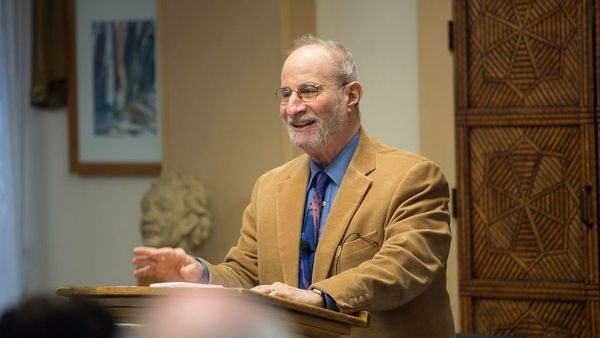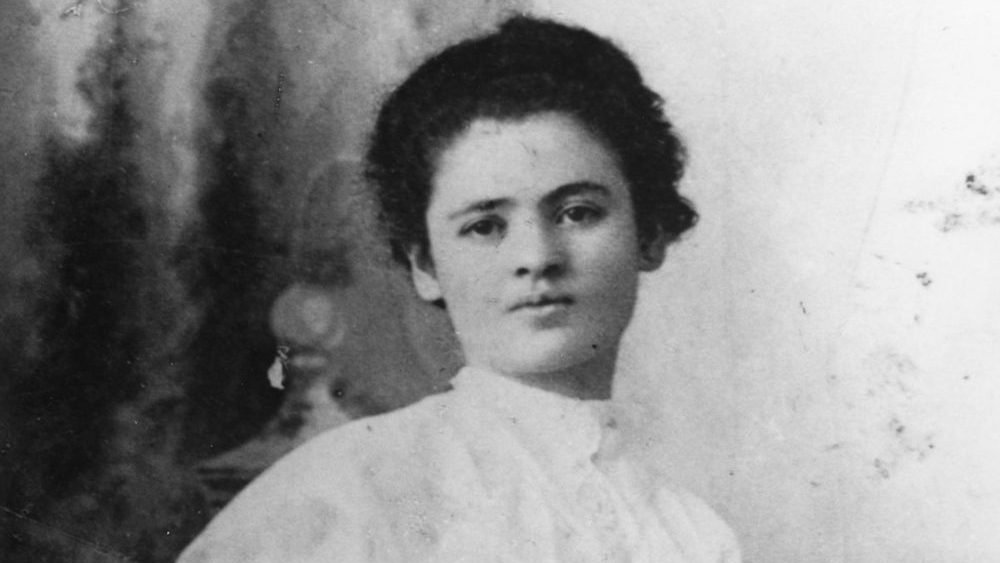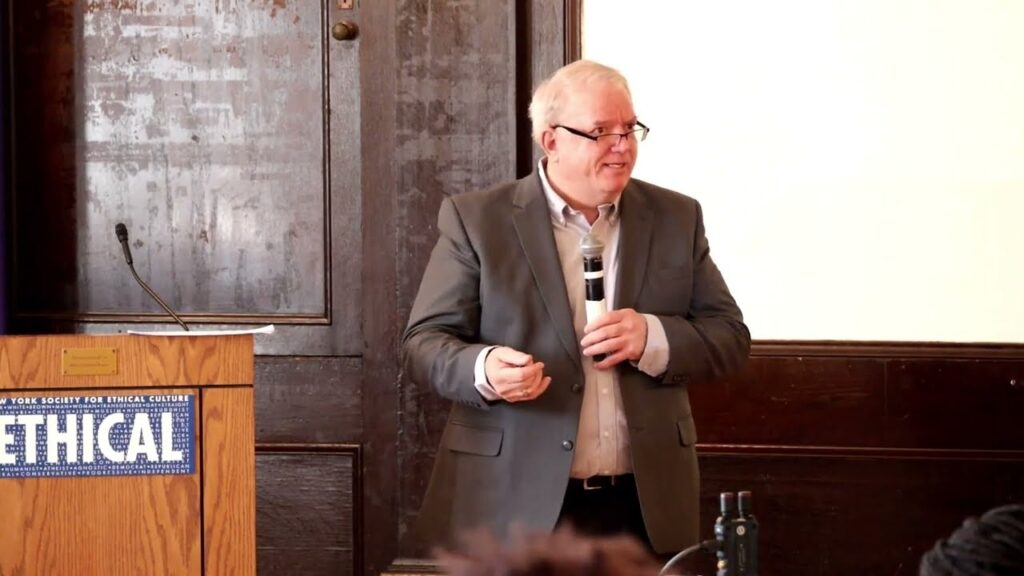
By Dr. Joe Chuman, Leader
I have received both Covid vaccinations. This has brought relief in my belief that I will soon have immunity from this dreaded disease. Beyond that, I am relieved that this worldwide crisis, with the death and suffering it has brought to millions, may soon be at an end. I am also freed from the frustration that I and so many others have experienced in attempting to access the vaccine only to find time and again that our efforts resulted in dead ends.
A few people I know have been successful in accessing the vaccine, but it seems only by chance, like winning the lottery or finding a parking space in Manhattan after driving around for 40 minutes. I struck gold; my son, Michael, is a physician on the faculty of University Hospital in Newark where there is a program to provide the vaccine to staff family members who meet the criteria, which, being beyond age 65, I assuredly do. Michael got me registered and – Voila! —my frustration has ended.
I am very pleased that I’m able to put this vexing problem behind me. But it does raise a question that evokes a bit of disquiet. I was able to access the vaccine when so many others, perhaps even many who are at higher risk than I am, are not, simply because of the fortuitous circumstance of my knowing someone who has an “in.” A nagging question I ask myself is “Is it fair?” Perhaps I could salve my conscience by concluding that no one would benefit if I had foregone availing myself of this opportunity, and no one was hurt by my having done so. Yet, a mild discomfort lingers. Is my moving ahead in the queue while others, equally deserving, did not, provide me with an unwarranted privilege?
That’s one personal situation, but there are other much larger ethical circumstances. There is today a renewed awareness of broad-based, longstanding, and deep-rooted racism that informs the American experience. As a result, certain privileges are enjoyed by Caucasians that people of color lack. Assuming we are among the privileged and are committed to a society based on equality, how should we respond, and what should motivate our response? Two related notions come to mind; one is guilt; the other responsibility—and sometimes they are confused. Ought the privileged feel a sense of guilt about their status? They may, but in this case I would argue that their guilt is misplaced. Individuals, I argue, can be guilty only for conditions that they themselves have created. The circumstances into which one is born, whether into privilege or oppression, are a matter of total contingency over which the individual had no say or control.
Though not guilty for injustices we have not created, we are responsible for attempting to rectify them.
But responsibility is a different matter. Assuming systemic racism in great measure results from the legacy of slavery, I think it is inappropriate to conclude that I need feel guilty for the reality of slavery and the consequences it has wrought since I neither lived in the age of slavery, nor did I play any role in its institutionalization. But it is not wrong, I maintain, as a member of society, to conclude that I am responsible for attempting to rectify the injustices that issued from it.
I use Germany as an example. Germany has, in general, worked hard in attempting to collectively atone for the atrocities of the Holocaust. Most Germans today were born after the Holocaust and therefore cannot rightly be blamed for it nor be guilty of atrocities perpetrated by their ancestors. Yet it is not wrong to say that Germans today are responsible for rectifying the deeds of those who came before them, and they certainly bear special responsibility to ensure that antiSemitism and xenophobia are suppressed in contemporary German society.
Why does responsibility apply? It applies because the individual self is not detachable from the community from which that person derives his identity. The Germans of today share a common culture, a common historical lineage, and therefore, in a significant way, a solidarity with their German ancestors who perpetrated those atrocities. The Germans of today are embedded in a continuous German narrative, so to speak. They certainly cannot be blamed for the acts themselves, but that does not mean that, as part of the German people and as inheritors of the past, they have no responsibility for the way in which they relate to Jews in Germany today. To disavow any moral responsibility at all seems to me to be morally too thin.
Returning to the American context, the injustices which are the legacy of slavery continue. And the white p o p u l a t i o n of this society continues to reap the benefits which 400 years of oppressing and plundering the Black population of America have brought. It is not for the people of Thailand or Italy or Turkey to apologize for the slavery of African Americans or to commit themselves to the project of repair. It is not their history. It is not their narrative. But it is ours, and it is irresponsible, I maintain, for Americans of today to detach themselves from that history and its tragic legacy. It is our responsibility to rectify the deeds of those who came before us.







